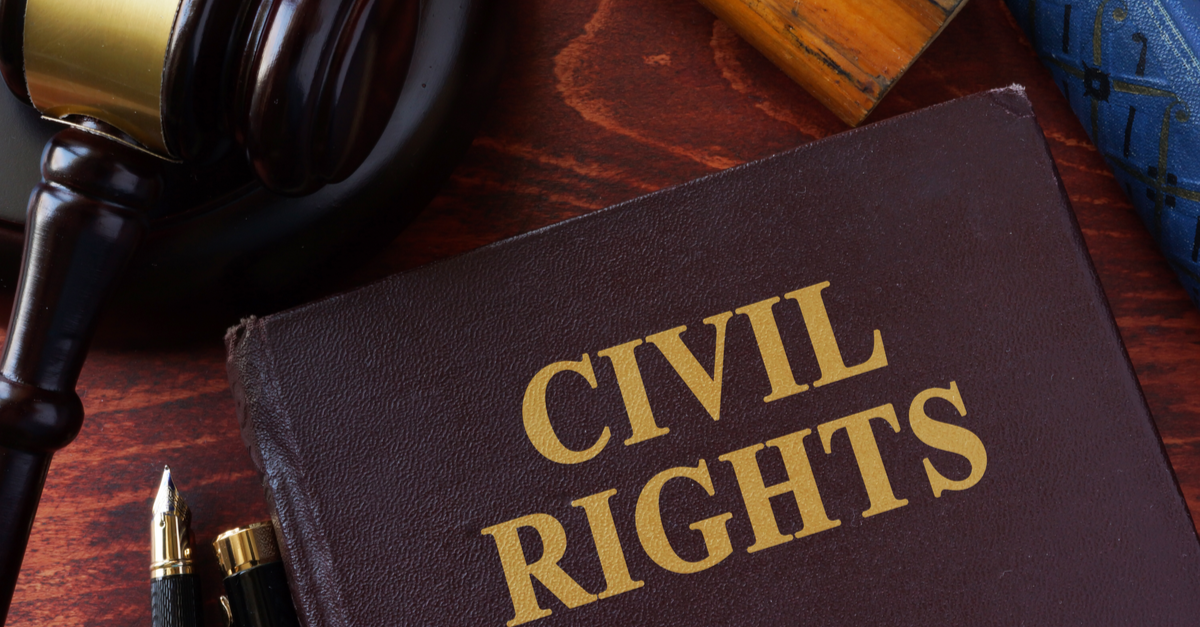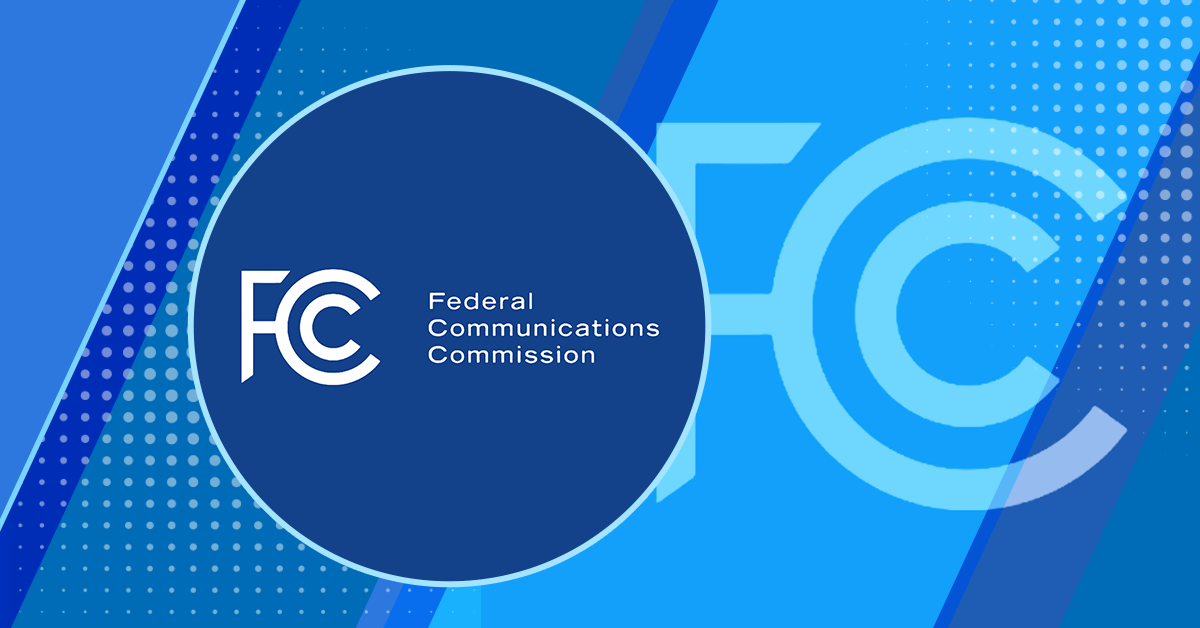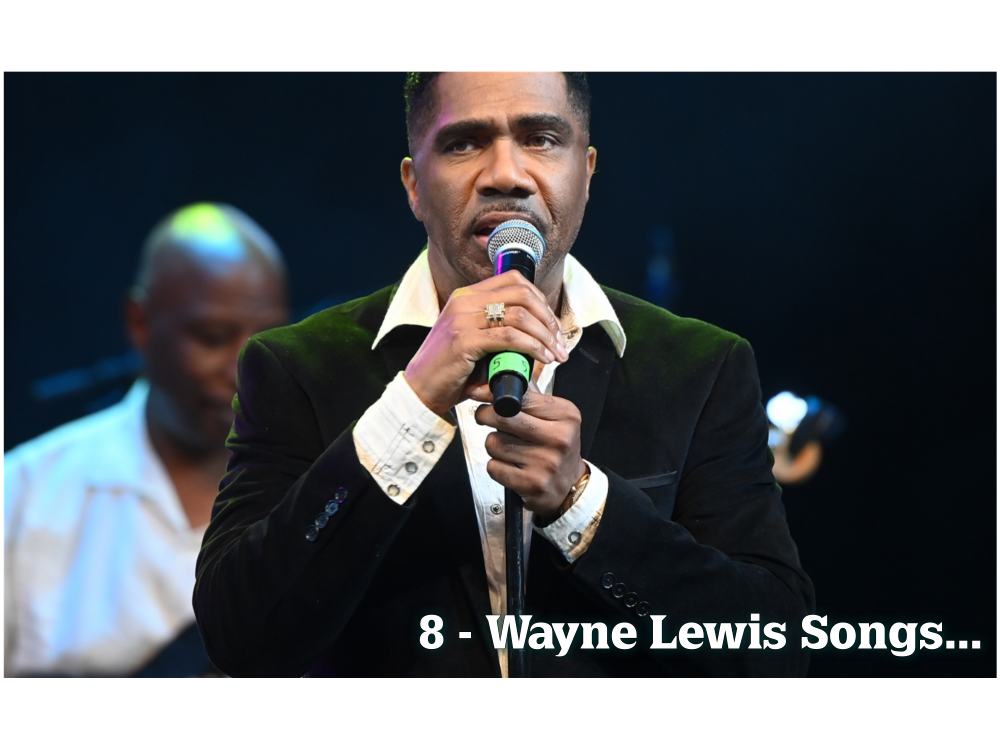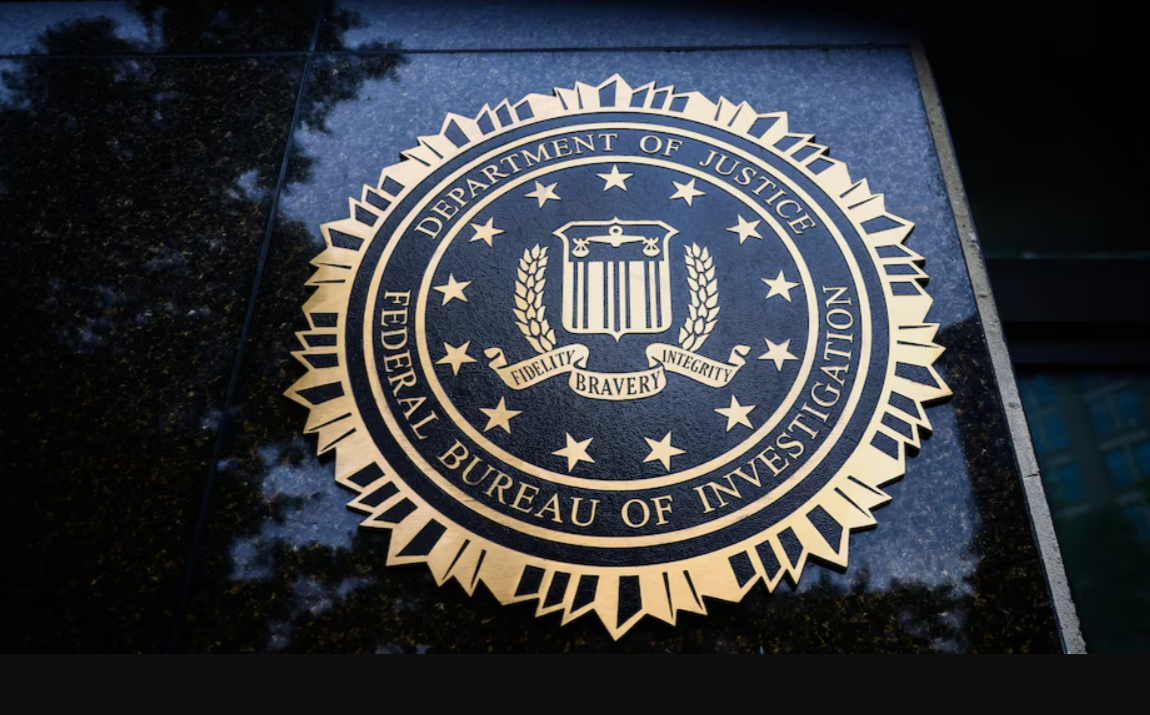(ThyBlackMan.com) In a recent conversation with Ford Foundation President Darren Walker, Pulitzer Prize-winning historian Eric Foner spoke about his book “The Second Founding: How the Civil War and Reconstruction Remade the Constitution.” As Foner discussed the historic ways the 13th, 14th and 15th Amendments shaped our nation, he noted how many of the pressing issues in America today are still fundamentally Reconstruction issues. Who is a citizen? Who has the right to vote? How should our nation deal with domestic terrorism? What does being a free American mean?
Many scholars saw the civil rights movement as a second Reconstruction era in the United States and a second try at making this country truly committed to liberty and justice for all. But just as the progress of the first Reconstruction was followed by decades of retrenchment and reversal, we face continued attempts to take us backward: unjust racial profiling and killing of Black youths and adults by law enforcement officers responsible for protecting them, mass incarceration of people of color, new attacks on voting rights in the name of “election integrity,” and continuing willingness of some political leaders to ignore and condone white supremacy, antisemitism and domestic terrorism.
Rev. William J. Barber II, I and many others believe we are in a third Reconstruction moment now, and the long-overdue racial reckoning last year was a leap forward along the way. As Frederick Douglass taught us, however, progress will always be met with new resistance: “Power concedes nothing without a demand. It never did and it never will.” We must keep demanding our leaders ensure all children the freedom they deserve and the future they need.

This month, the Equal Justice Initiative (EJI), led by Bryan Stevenson, opened its newly expanded Legacy Museum: From Enslavement to Mass Incarceration in Montgomery, Alabama. This extraordinary new facility sits on the former site of a cotton warehouse where enslaved people once worked and complements EJI’s National Memorial to Peace and Justice, a monument and sacred space honoring victims of racial terror. The Legacy Museum uses interactive exhibits, video and digital pieces, and the work of dozens of contemporary artists to take visitors on a profoundly moving journey from the transatlantic slave trade to contemporary America.
Visitors enter to the sensation of waves crashing over their heads and narrator Lupita Nyong’o describing the harrowing details of the transatlantic journey for the millions of African men, women, and children who were human cargo, two million of whom died during the crossing. In one exhibit visitors take a historical poll test intended to keep Black citizens from registering to vote with questions about the numbers of jellybeans in a jar and seeds in a watermelon. In others, visitors hear first-person narratives from enslaved people and the last words of lynching victims. In the Reflection Space visitors use touch screens to learn about 400 Black leaders pictured around the room. An entire museum wing is devoted to mass incarceration. The Legacy Museum seeks to serve as “an engine of education about the legacy of racial inequality and for the truth and reconciliation that leads to real solutions to contemporary problems.” This is the kind of push our nation still needs to move forward.
Bryan Stevenson said in an interview about the new museum’s opening: “I do think we’re at a moment where we’re debating whether we’re going to be honest about our history, about our past, and learn from it, reckon with it, and move forward — or we’re going to double down on silence and these false narratives. What I’m encouraged by is that we’ve had hundreds of thousands of people come to the site since we opened in 2018. And most of them say, ‘I didn’t know this.’ But not only have they come, they’ve left with a new understanding about what we have to do to make progress in this country. I don’t want to talk about slavery and lynching and segregation because I want to punish America. I want us to get to a better place. I want there to be real liberation.”
He added: “I believe there’s something better waiting for us. There’s something that feels more like freedom in this country. There’s something that feels more like equality, feels more like justice. But we can’t get there if we continue believing these false ideas about our greatness, about our failures — that we never made any mistakes, we never did anything wrong. And I actually hope that this moment illustrates the importance of this conversation that we’re trying to have about a time for truth-telling.” Amen!
Written by Marian Wright Edelman
Official website; http://www.childrensdefense.org

















Leave a Reply